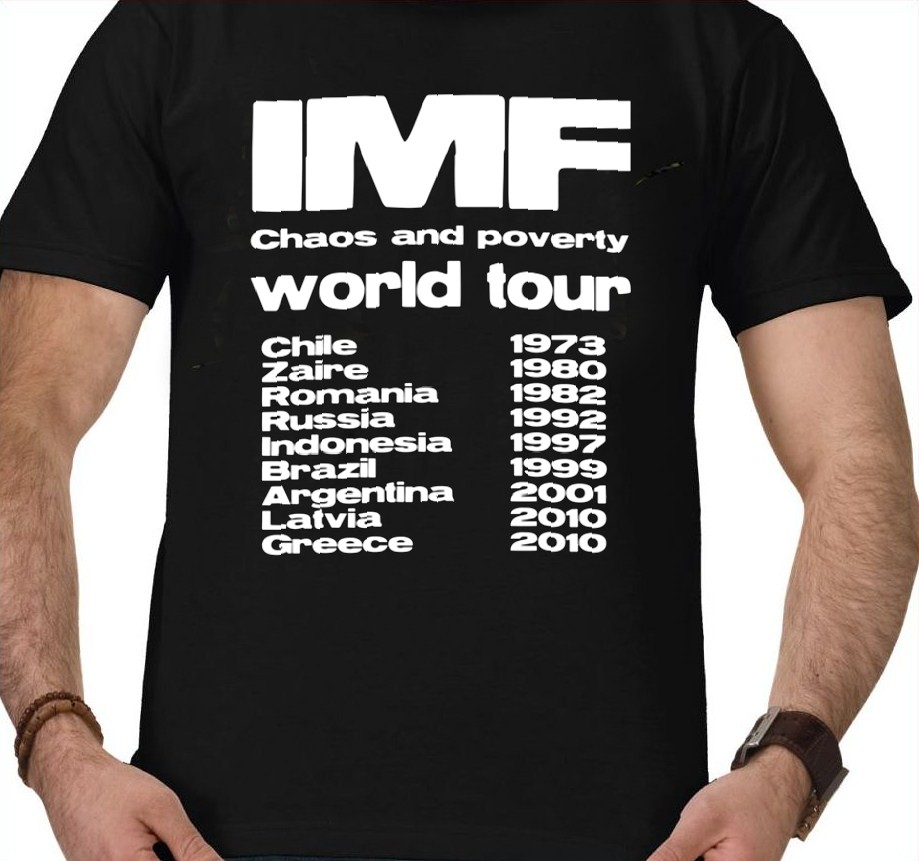As Greece gives its marching orders to the Troika – five reactions
Greek finance minister Yanis Varoufakis told the head of the Eurogroup’s finance ministers, Jeroen Dijsselbloem, that Greece would no longer deal with the so-called Troika grouping as a single entity – that is, it would now deal separately as a sovereign government with its constituent parts: the EU, the European Central Bank (ECB) and the International Monetary Fund (IMF).
After the brusque press conference, Mr Dijsselbloem reportedly told the Greek finance minister: “you have just killed the Troika”. Here are my thoughts.
29 varoufakis r w As Greece gives its marching orders to the Troika five reactions
1. Marxists, and the left in general, have a good knowledge of military strategy. Mr Varoufakis is not a Marxist: he is a left Keynesian, but comes from a political tradition where power is understood very well. His own father was dragged from the family home, its door broken before the young Mr Varoufakis’ eyes, during the Greek military coup of 1967 – and imprisoned for several months.
Even moderate leftists in the Euro-communist tradition — which includes Syriza – have grown up studying the dynamics of power. The Italian Marxist Antonio Gramsci, after whom numerous streets are named in left-controlled cities of his home country, said the modern communist party should be the “modern Machiavelli”: able to wield power, subterfuge and tactics adeptly and leverage, above all, its social support.
2. By killing the Troika, on day five of the Syriza government, Mr Varoufakis was demonstrating a clear understanding of the power dynamic. All over Europe, people whose world view is normally never challenged are having to react to Syriza, but are confident that they control the timetable.
31 greece2 r w As Greece gives its marching orders to the Troika five reactions
The timetable is supposed to be: if Greece does not meet Troika bailout conditions on 28 February, when the current bailout extension runs out, then the ECB is free to stage the collapse of Greece’s banks. It probably won’t but is still thinking about it.
By making clear on 29 January that Greece will refuse even to speak to the Troika, and seek no extension, Mr Varoufakis demonstrated an acute understanding of the principle of momentum. Otherwise known as “go ahead punk – make my day”.
What happened – even though it was only a press conference – was that Syriza took control of the timetable. The Eurogroup and ECB will be forced to react at Syriza’s pace, not the other way around.
3. However, in military theory, there is not just momentum – there is mass. Greece has very little mass in the coming clash. It owes its creditors 320bn euros and about 15bn euros come due in the back half of the year. Greece probably has a bit of liquidity arising from the cash the Troika forced it to hold, but only Mr Varoufakis and central bank governor Yanis Stournaras really know. So it does not need to go bust as a state in March-April.
4. So Friday’s shenanegans were actually what they call in military academies “demonstrations”: I can do this if I want to, and here’s how it looks.
5. I’m covering this crisis on a “what’s just happened basis”, not “what does it all mean”. But we don’t know certain things have happened except in hindsight. We don’t know how much money has left the Greek banks until the ECB tells us, a month in arrears. But the banks do.
My biggest fear is that the Greek crisis reaches a critical denouement because the two key players — ECB boss Mario Draghi and Mr Varoufakis — are not only reading from different playbooks, but two different rulebooks: one written by Robert Schuman , the 1940s architect of European integration, and the other by military theorist Carl Philipp Gottfried von Clausewitz.







































